Recognizing the Signs: How to Identify Oral Herpes
Oral herpes, caused by the herpes simplex virus type 1 (HSV-1), is a common viral infection that affects millions in the United States. Many people may carry the virus without showing obvious symptoms, while others experience recurrent outbreaks characterized by painful sores and blisters around the mouth and lips.
Understanding the typical signs of oral herpes is a critical first step in determining whether you might have the infection. Initial outbreaks often include symptoms such as tingling, itching, or burning sensations near the affected area, followed by the appearance of clusters of small fluid-filled blisters. These sores can be painful, crust over, and take up to two weeks to heal.
Some individuals may also experience flu-like symptoms during their first outbreak, including fever, swollen lymph nodes, and sore throat, which can sometimes cause confusion with other illnesses.
1. The Importance of Early Detection and Symptom Awareness
Early recognition of oral herpes symptoms can help prevent transmission and enable timely treatment to reduce discomfort. Because symptoms can vary widely, some people may mistake oral herpes for other conditions like canker sores or allergic reactions.
Tracking the progression of symptoms is important. For example, recurrent outbreaks tend to be less severe than the initial one and often affect the same general area. However, if you experience frequent or unusually severe outbreaks, consulting a healthcare professional is essential.
1.1 Differentiating Oral Herpes from Other Mouth Conditions
While oral herpes causes grouped blisters, canker sores typically appear as solitary ulcers inside the mouth without preceding tingling. Allergic reactions may cause swelling but usually lack the blistering pattern. Accurate identification helps guide appropriate care.
2. Medical Testing Options to Confirm Oral Herpes
If you suspect you have oral herpes, medical testing is the most reliable method to confirm diagnosis. Several diagnostic tools are available, each with strengths depending on the timing and presentation of symptoms.
Viral Culture: This involves taking a swab from an active sore to grow the virus in a lab. It’s most accurate during early stages of a blister.
Polymerase Chain Reaction (PCR) Test: PCR detects viral DNA and is highly sensitive, able to confirm the presence of HSV-1 even in low quantities.
Blood Tests: Serologic tests measure antibodies to HSV-1, indicating prior exposure. However, they cannot distinguish between oral and genital herpes or determine the location of infection.
Choosing the appropriate test depends on whether you have visible symptoms and your medical history.
2.1 When to Seek Testing
Testing is recommended if you have unexplained oral sores, recurrent symptoms, or if you want to understand your risk of transmission. Early diagnosis helps you receive proper treatment and take preventive measures.
3. Treatment Approaches for Oral Herpes
Currently, there is no cure for oral herpes, but various treatments help manage symptoms and reduce outbreaks.
Antiviral Medications: Drugs such as acyclovir, valacyclovir, and famciclovir are commonly prescribed to shorten healing time and decrease pain. They can be taken during outbreaks or daily as suppressive therapy for frequent recurrences.
Topical Treatments: Creams and ointments may relieve discomfort but are generally less effective than oral medications.
Home Care: Applying cool compresses, maintaining oral hygiene, and avoiding irritants like spicy foods can ease symptoms.
3.1 The Role of Preventive Care
To minimize transmission, avoid direct contact with active sores, practice good hygiene, and inform partners if you have oral herpes. Using barrier methods during oral sex reduces the risk of spreading HSV-1 to genital areas.
4. Real Patient Experience: Navigating Oral Herpes Diagnosis and Management
Jessica, a 28-year-old from California, recalls her first oral herpes outbreak as confusing and painful. Mistaking the sores for canker sores, she delayed seeking medical advice until the symptoms worsened. After visiting her doctor and undergoing PCR testing, she received a confirmed diagnosis.
With guidance on antiviral medication and lifestyle adjustments, Jessica experienced fewer outbreaks and regained confidence in social situations. Her story highlights the importance of awareness and timely testing.
5. When to Consult a Healthcare Professional
Consult your doctor if you experience:
- Persistent or worsening oral sores lasting more than two weeks.
- Severe pain or difficulty eating and drinking.
- Frequent outbreaks affecting your quality of life.
- Signs of secondary infection, such as pus or fever.
Professional evaluation ensures appropriate treatment and rules out other serious conditions.
6. Resources and Support for Managing Oral Herpes
Living with oral herpes can be challenging, but support groups, counseling, and reliable health information empower individuals to cope effectively. Trusted sources like Dentistry Toothtruth offer expert advice, testing resources, and treatment options tailored to the needs of US patients.
Engaging with healthcare professionals and educational platforms improves management outcomes and reduces stigma associated with HSV-1.

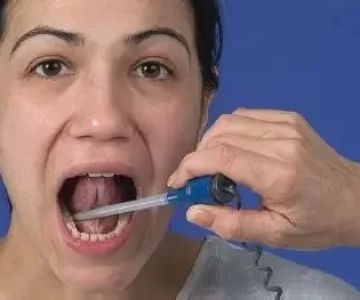
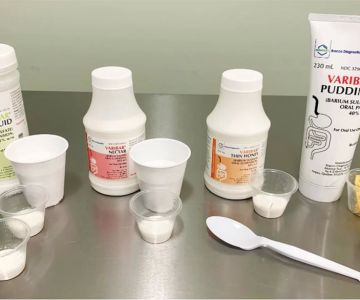
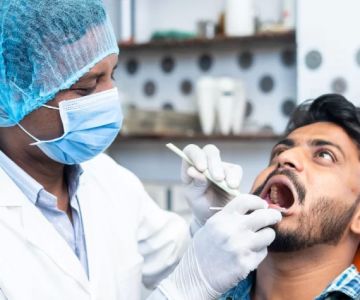
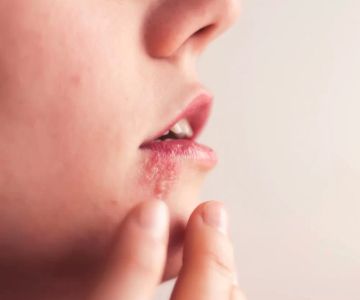
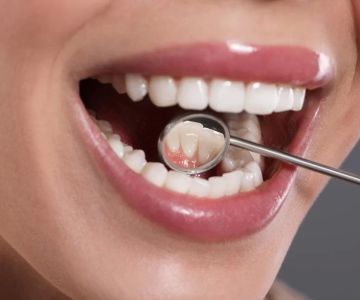
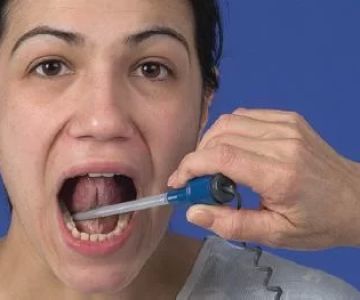
 Alan K Vance DDS5.0 (2 review)
Alan K Vance DDS5.0 (2 review) Puntillo and Crane Orthodontics4.0 (339 review)
Puntillo and Crane Orthodontics4.0 (339 review)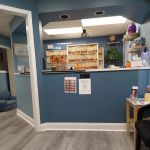 Family Holland Dental4.0 (236 review)
Family Holland Dental4.0 (236 review)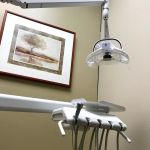 West Coast Dental of Gage3.0 (1043 review)
West Coast Dental of Gage3.0 (1043 review) Alameda Crossing Dental Group and Orthodontics4.0 (188 review)
Alameda Crossing Dental Group and Orthodontics4.0 (188 review)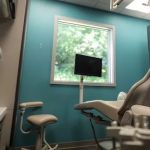 Mid-State Orthodontics5.0 (15 review)
Mid-State Orthodontics5.0 (15 review) The Importance of Oral Health Education During Pregnancy for a Healthy Pregnancy
The Importance of Oral Health Education During Pregnancy for a Healthy Pregnancy Best Tips for Brushing Your Teeth Properly for Healthy Gums: Essential Techniques for Oral Health
Best Tips for Brushing Your Teeth Properly for Healthy Gums: Essential Techniques for Oral Health Why Skipping Dental Checkups Can Lead to Bigger Oral Health Problems
Why Skipping Dental Checkups Can Lead to Bigger Oral Health Problems Advantages of Porcelain Dental Restorations
Advantages of Porcelain Dental Restorations How Can Diabetes Cause Tooth and Gum Problems? Preventing and Managing Oral Health Issues
How Can Diabetes Cause Tooth and Gum Problems? Preventing and Managing Oral Health Issues Healthy Habits for Promoting Good Oral Health and Hygiene: Tips for a Healthy Smile
Healthy Habits for Promoting Good Oral Health and Hygiene: Tips for a Healthy Smile